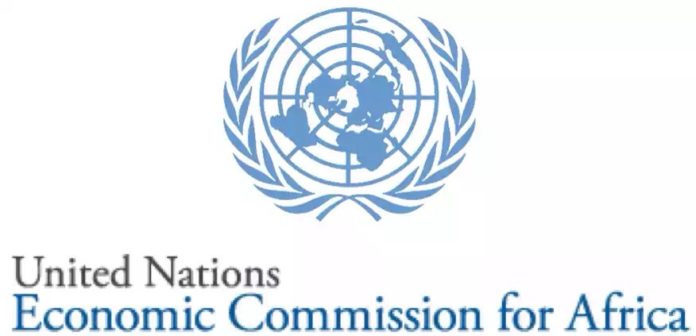The United Nations Economic Commission for Africa (UNECA) has expressed dismay over the slow ratification of the Free Movement of Persons Protocol of the African Union.
African countries should promote the free movement of people across their borders to boost intra-African trade, said the Economic Commission for Africa (ECA), Director of Regional Integration and Trade Division, Stephen Karingi, calling for the speedy ratification of the Protocol on free movement of people.
The African Union, recognizing the importance of human resource skills to the continent’s development, adopted the Free Movement of Persons Protocol in 2018, which has been signed by 33 Member States. However, only four countries have ratified the Protocol to date.
“The state of ratification is disheartening, to say the least, given that the Protocol is aimed at facilitating regional integration in general, and the implementation of the African Continental Free Trade Area (AfCFTA), in particular,”
Karingi made the remark in Nairobi, Kenya during the Experts’ Group Meeting to Review the Policy Report on the theme; “The Free Movement of Persons for Trade: Towards an Accelerated Ratification of the AU Free Movement of Persons Protocol in Support of the implementation of the AfCFTA”.
The two-day on going Experts’ Group Meeting reviews the policy report, an outcome of a joint study by the African Union Commission (AUC) and ECA. The study showed the benefits of the free movement of persons for the implementation of the AfCFTA and identified factors behind the slow ratification of the Protocol.
The slow ratification of the Protocol has been attributed to a lack of knowledge and appreciation of the benefits of free movement of persons, lack of awareness of the Protocol, lack of political will, security and health concerns. Furthermore, the study recommended spirited advocacy and sensitization campaigns targeting member states and civil society to initiate domestic processes for ratifying the Protocol.
Karingi noted that while some of the concerns around ratifying the Protocol were valid, policymakers and African citizens should be made aware of the support available to address some of the technical concerns raised.
The Free Movement of Persons Protocol is part of the treaty establishing the African Economic Community. It has been recognized as a tool to facilitate labour and skills mobility in accelerating trade in Africa.
Bemoaning that intra-African trade remained as low as 15 percent, Karingi said it was important that African governments embraced the free movement of persons as this would enable Africans to enjoy the full benefits of the AfCFTA.
“Free movement of persons can be a catalyst for entrepreneurship and trade, providing employment opportunities and addressing poverty and inequality,” said Karingi.
MG/abj/APA


